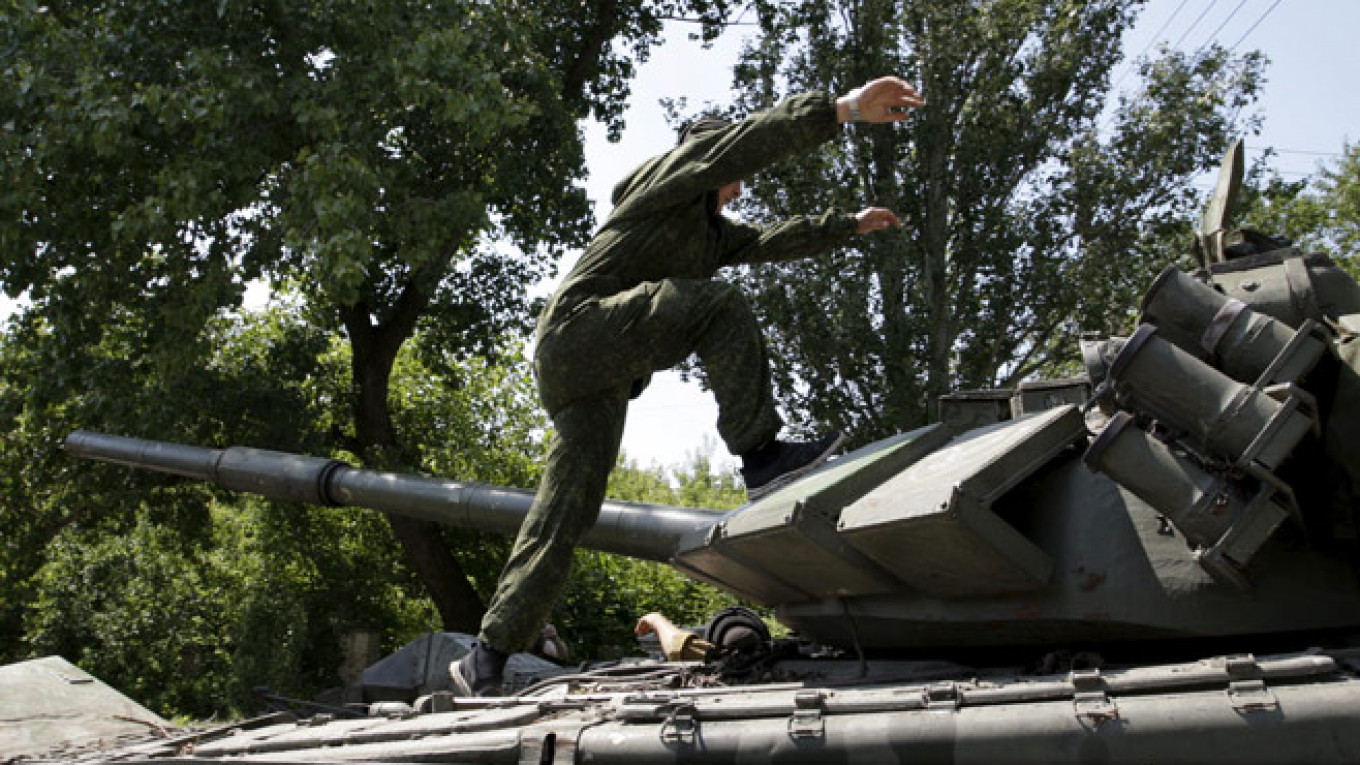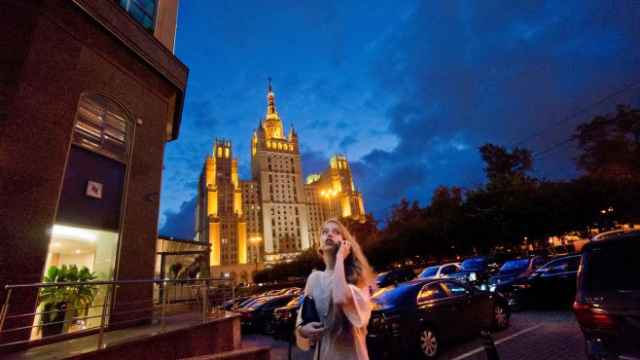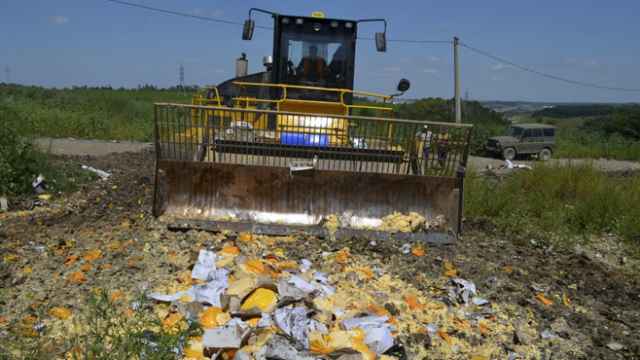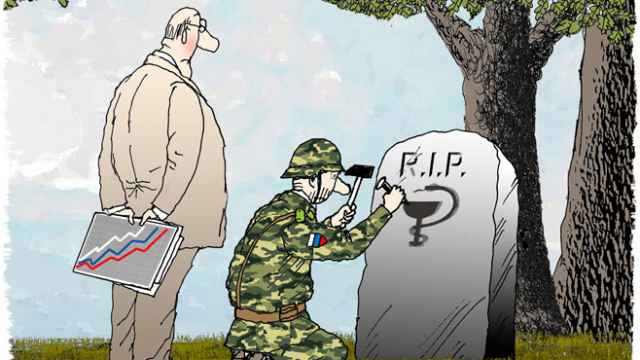Russian and NATO military exercises are starting to look more and more like preparations for war. The only ray of hope is that the brandishing of weapons is generally a sign of weakness, not strength.
The authors of the European Leadership Network think tank report published last week regarding a March exercise to test the combat readiness of the Russian army, and NATO exercises carried out in July in the Baltic states and Poland, saw in these actions preparations for armed conflict.
The analysts reference the worsening relations between Russia and the West over the past 18 months, Russia's unpredictability, and the growth in number and scale of exercises on both sides. The authors also note that these exercises are no longer general and defensive in nature, but are already targeted specifically against the other party with an eye to war.
To prevent further escalation, the authors recommend that the parties improve communication and consider the possible consequences of their actions. These measures are not very effective, however, when the engine of escalation has already been set in motion. In this situation, each subsequent action is not the result of a well-considered decision, but a necessary consequence of the previous step.
We can define two types of fatal escalation. The first is the so-called Thucydides Trap, which has been the cause of many wars in human history. The ancient Greek historian theorized that the cause of the Peloponnesian War (between Athens and Sparta in 431-404 B.C.) was the fear a rising power (Athens) caused in an established power (Sparta).The American political scientist Graham Allison wrote that in the period from 1500 to the present, 11 out of 15 similar conflicts have ended in war.
One of these cases was World War I. According to Allison, this logic is applicable to the most delicate balance of world powers today — between the U.S. and China.
A second type of conflict escalation arises from the actions of outcast nations, blackmailing everyone around them from a clearly weaker position. The best illustration of this tactic is the foreign policy of North Korea, which regularly conducts tests of its nuclear weapons to gain financial assistance from the international community.
These two strategies place different tasks before the army and determine different societal roles for the military.
In the first case, the job of the military is to ensure security, explaining to politicians when it is time for them to stop. A weapons demonstration within this strategy is intended as a deterrent. As another famous Greek, Plato, said, "Nor will he ever be a good legislator who orders peace for the sake of war, and not war for the sake of peace."
A similar demonstration within the second strategy is meant to frighten not so much the country's opponents, but its own citizens, to strengthen the position of the military or security forces in power. The second strategy is not usually accompanied by a real desire to go to war.
Yet another type of conflict is war through intermediaries, which the Soviet Union was involved in more than once. Russia's current actions seem to fit the second scenario better, which should, probably, be considered reassuring.
Nikolai Epple is a columnist at Vedomosti. This comment originally appeared in Vedomosti.
A Message from The Moscow Times:
Dear readers,
We are facing unprecedented challenges. Russia's Prosecutor General's Office has designated The Moscow Times as an "undesirable" organization, criminalizing our work and putting our staff at risk of prosecution. This follows our earlier unjust labeling as a "foreign agent."
These actions are direct attempts to silence independent journalism in Russia. The authorities claim our work "discredits the decisions of the Russian leadership." We see things differently: we strive to provide accurate, unbiased reporting on Russia.
We, the journalists of The Moscow Times, refuse to be silenced. But to continue our work, we need your help.
Your support, no matter how small, makes a world of difference. If you can, please support us monthly starting from just $2. It's quick to set up, and every contribution makes a significant impact.
By supporting The Moscow Times, you're defending open, independent journalism in the face of repression. Thank you for standing with us.
Remind me later.






